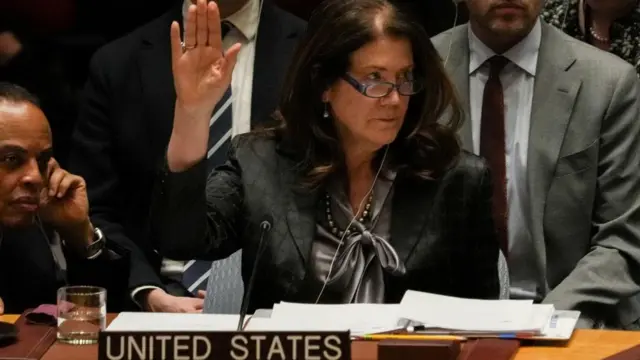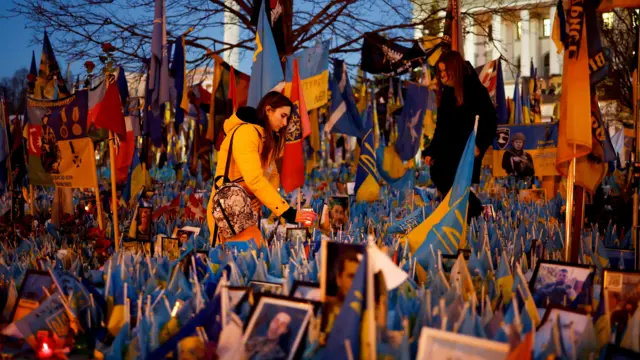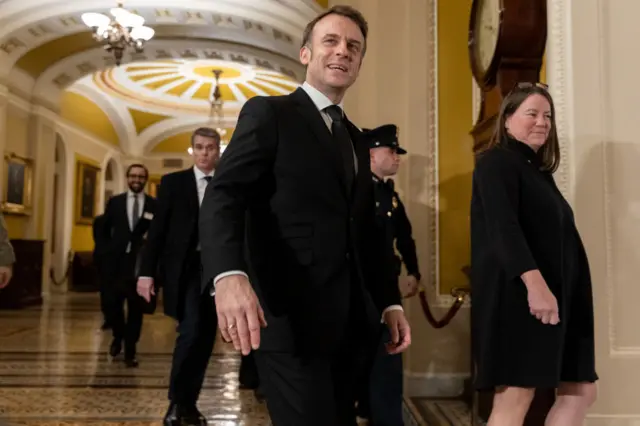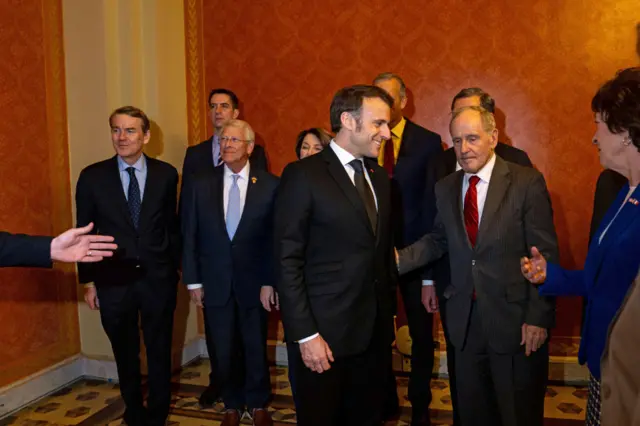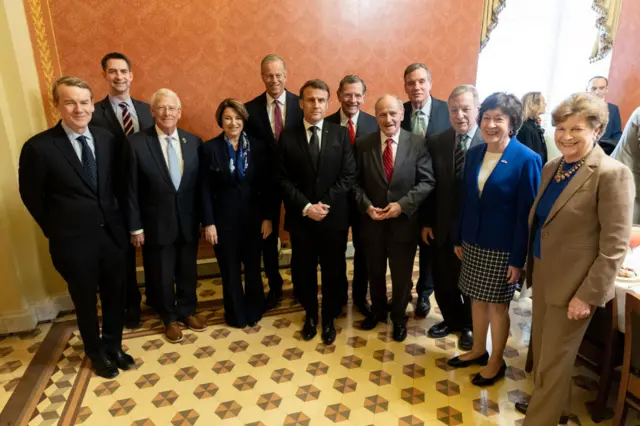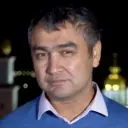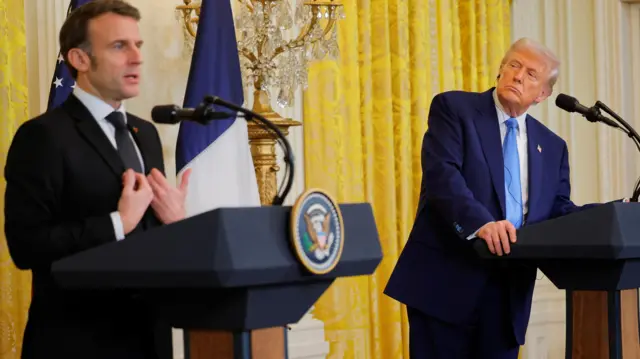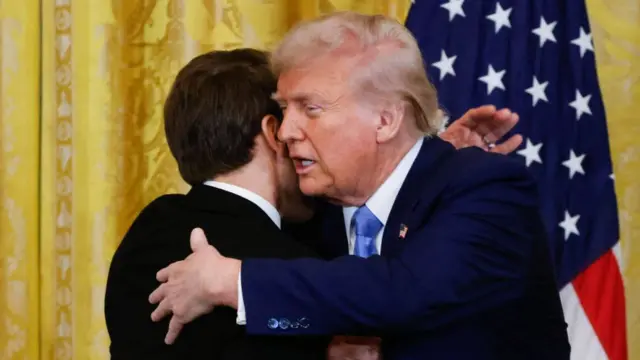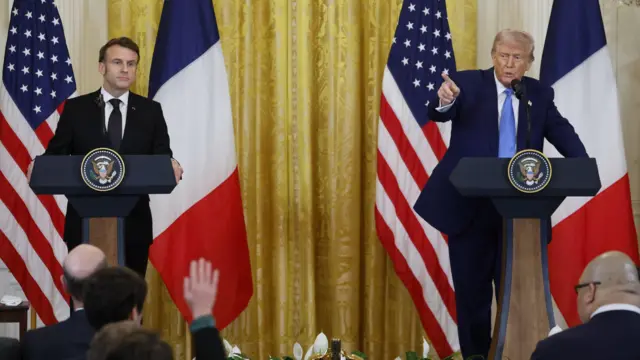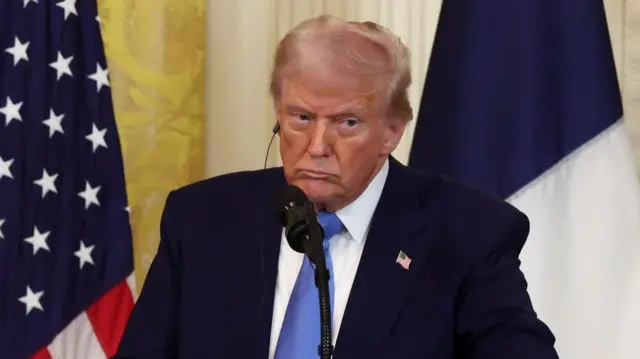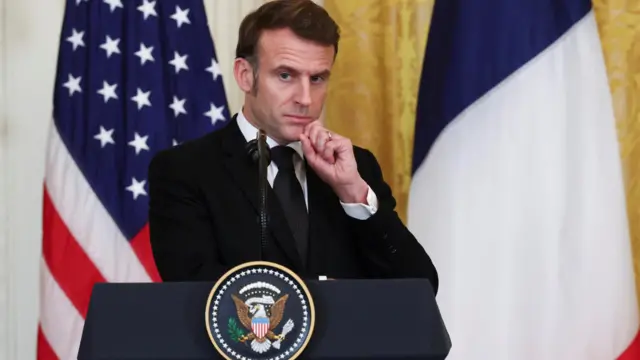Poland reinforces airspace after Russian strikes on western Ukrainepublished at 07:23 GMT 25 February
 Adam Easton
Adam Easton
Warsaw Correspondent
Poland deployed aircraft to secure its airspace during Russian strikes on neighbouring western Ukraine early on Tuesday, the Polish Armed Forces Operational Command has said.
“Attention, due to the activity of long-range aviation of the Russian Federation carrying out strikes on objects located, among others, in western Ukraine, military aviation has begun operating in Polish airspace,” the Polish Armed Forces Operational Command said in a brief statement on social media.
“The Operational Commander... activated all available forces and resources at his disposal, and ground-based air defence and radar reconnaissance systems reached a state of readiness,” the command adds.
“The steps taken are aimed at ensuring safety in areas bordering the threatened areas,” it says.
